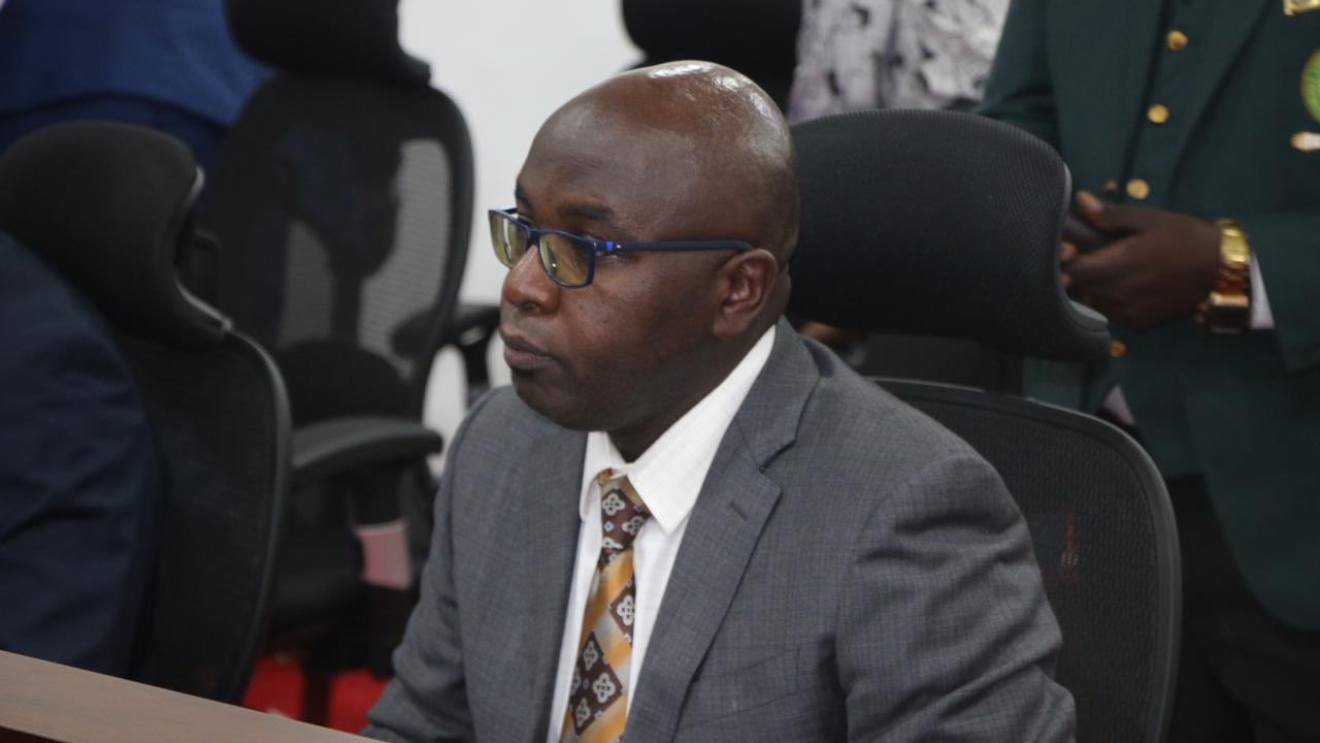The Kenya Revenue Authority (KRA) is facing a financial crunch, struggling with a backlog of unpaid bills amounting to Sh9.45 billion.
This comes amid concerns about underfunding, which the tax agency says is hindering its ability to operate effectively.
Humphrey Wattanga, KRA's Commissioner-General, attributed the mounting bills to delayed disbursements and inadequate funding from the National Treasury.
He detailed the financial challenges to the National Assembly Committee on Finance and National Planning.
A large portion of the outstanding amount, Sh4.47 billion, is owed to Sicpa SA, a Swiss company contracted by KRA to supply excise duty stamps and the Excisable Goods Management System (EGMS) technology for detecting counterfeit stamps.
Read More
The stamps are used on a wide range of consumer products, including beverages, tobacco, and cosmetics.
"The bills are attributable to the delayed disbursements and inadequate funding," Wattanga stated.
"This has been aggravated by a reduction in the additional funding allocation by Sh3.5 billion from the amount communicated of Sh10.7 billion."
Apart from the debt to Sicpa SA, KRA owes Sh1.22 billion to medical service providers, Sh792.5 million to ICT system licences and maintenance providers, and Sh796.14 million for scanner leasing and maintenance contracts.
Additional liabilities include Sh173.9 million to insurance providers, Sh522 million to landlords, Sh183.2 million to car leasing firms, Sh424.1 million to utilities and general suppliers, and Sh867.7 million for the maintenance of electronic seals under the Regional Electronic Cargo Tracking System.
He explained that the initial budget allocation of Sh24.8 billion for the 2022/23 fiscal year fell short of the Sh57.3 billion KRA requested, resulting in a Sh32.5 billion deficit.
To make matters worse, Wattanga disclosed that Sh7.1 billion of the allocated funds, including Sh2 billion earmarked for the EGMS debt, were not released.
Wattanga further highlighted the impact of a Sh3.5 billion reduction in additional funding initially promised by the Treasury.
He emphasized that securing the full disbursement of allocated funds and addressing the chronic underfunding issue are crucial for KRA's long-term financial health.
The funding shortage has not only led to unpaid bills but also hampered KRA's ability to complete several ongoing projects.
These projects include the East African Regional Transport, Trade and Development Facilitation Project, the Horn of Africa Gateway Development Project, and the KRA Comprehensive Tax Platform.
To address these challenges, Mr. Wattanga proposed a two-pronged solution.
First, he urged Parliament to peg KRA's annual budget at least two per cent of the total revenue collected.
Second, he requested an immediate increase in the 2024/25 budget allocation to Sh35 billion, the baseline figure for the revised 2023/24 budget.
This would prevent a further reduction in funding compared to the previous year.
"We request for urgent intervention for KRA's allocation to be considered at Sh35 billion being the base of the original revised financial year 2023/2," Wattanga stated.
The underfunding of KRA has significant implications for Kenya's public finances.
A well-resourced tax authority is essential for ensuring efficient revenue collection, which in turn funds government programs and services.
Whether Parliament will heed KRA's call for increased funding and a more stable budget allocation remains to be seen.







-1757663582.jpeg)
